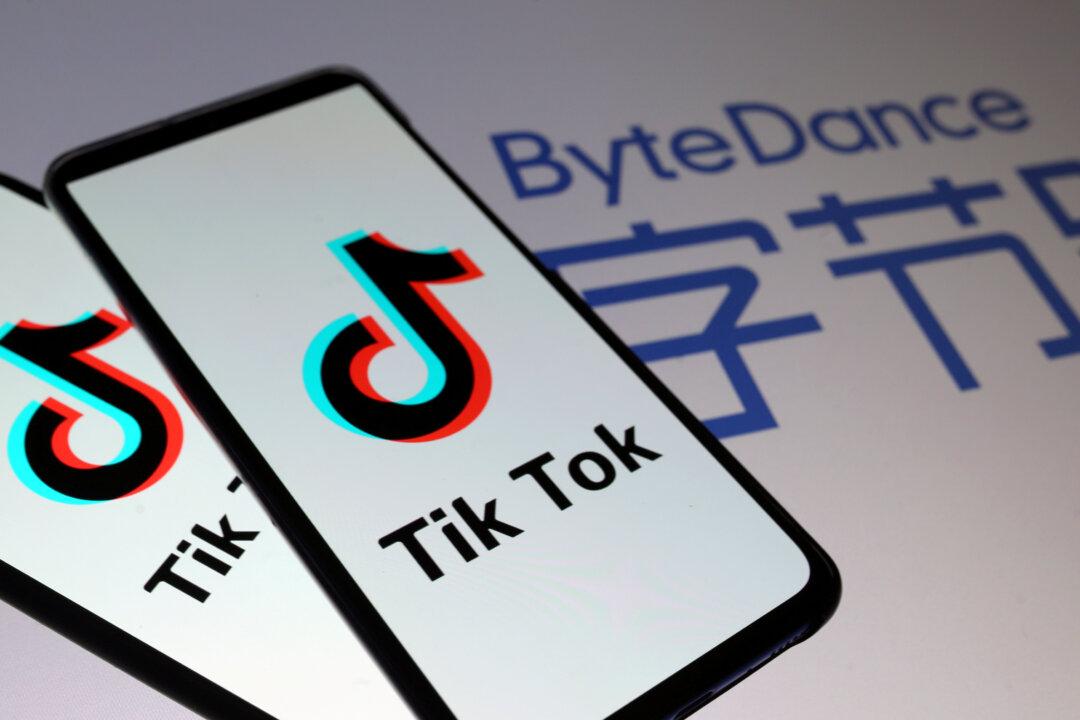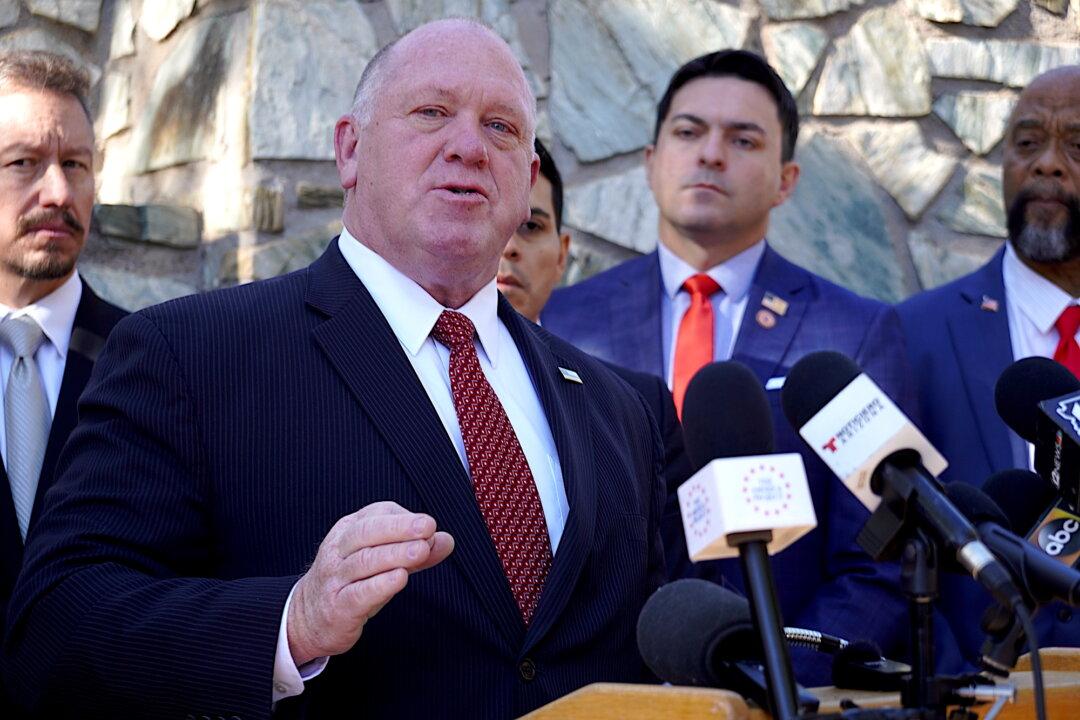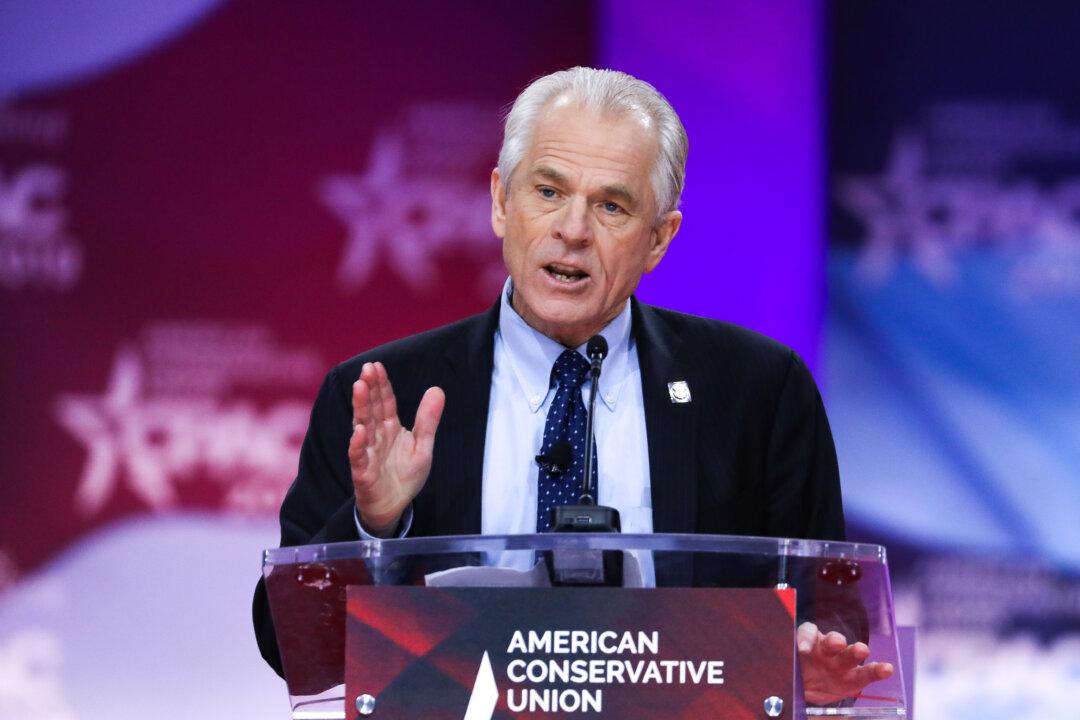As the United States and other democratic nations compete with and defend against communist China in areas critical to national security, experts discussed in an event this week how to maintain and strengthen a digital ecosystem—including 5G telecommunications networks and social media environments—that upholds and advances democratic values in Asia and around the world.
“Beijing is positioning itself at the center of Asia’s developing digital order,” said Lisa Curtis, Senior Fellow Director of the Indo-Pacific Security Program at the Washington, D.C.-based Center for a New American Security (CNAS), which hosted the event on May 27 with the theme “Advancing a Liberal Digital Order in the Indo-Pacific.”





